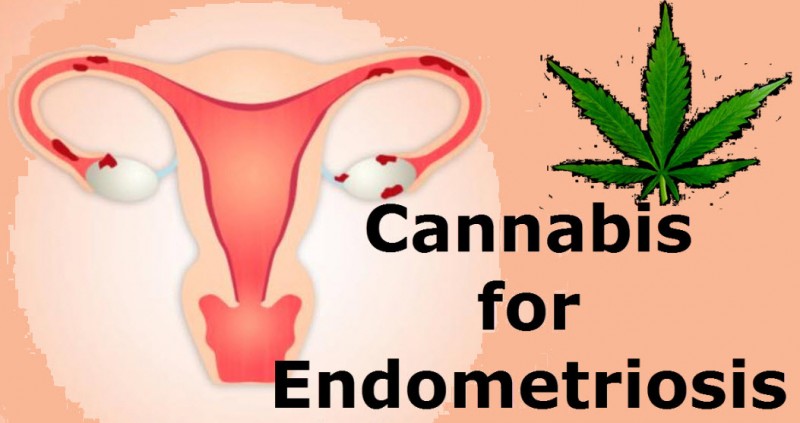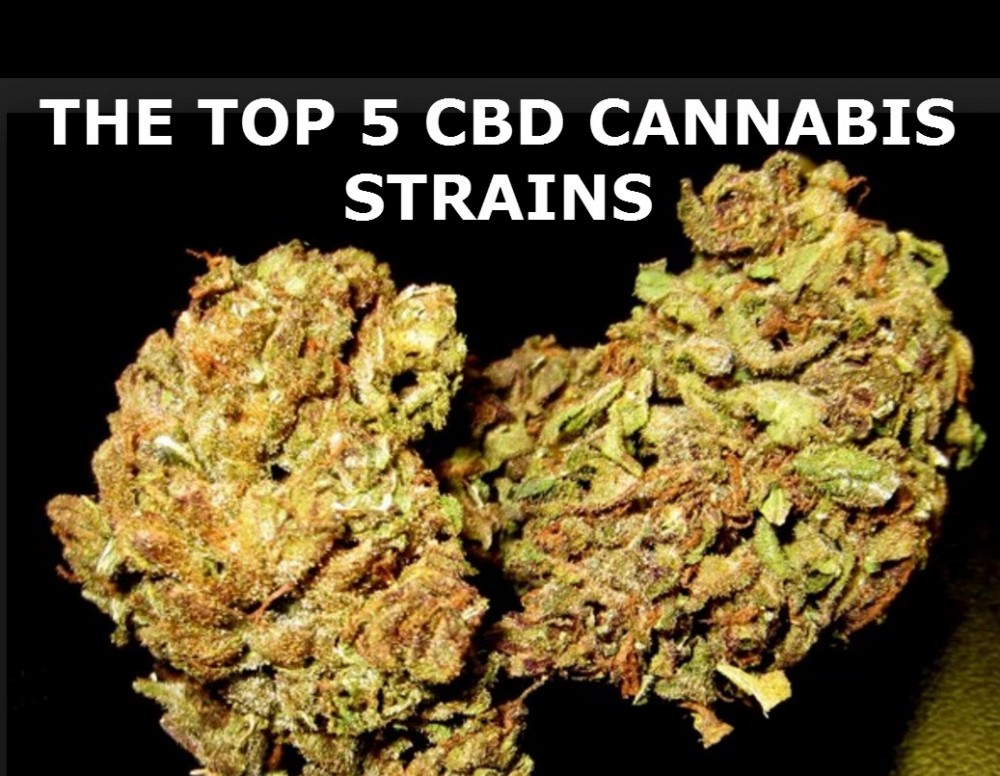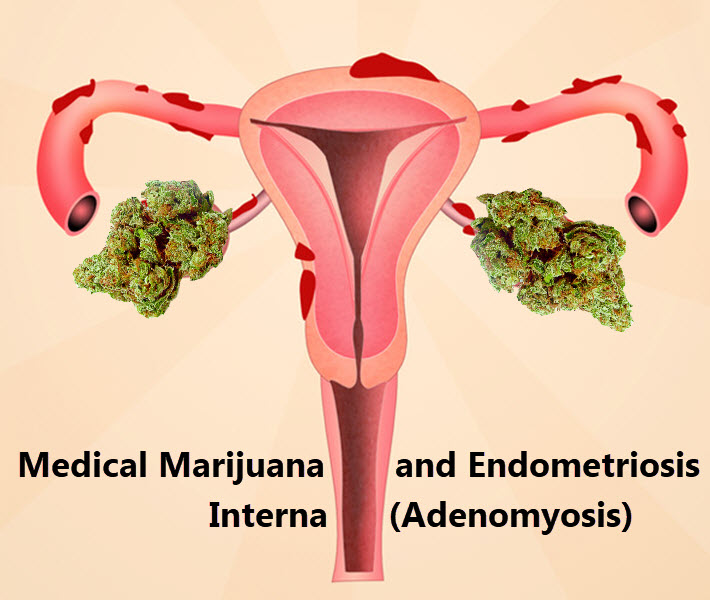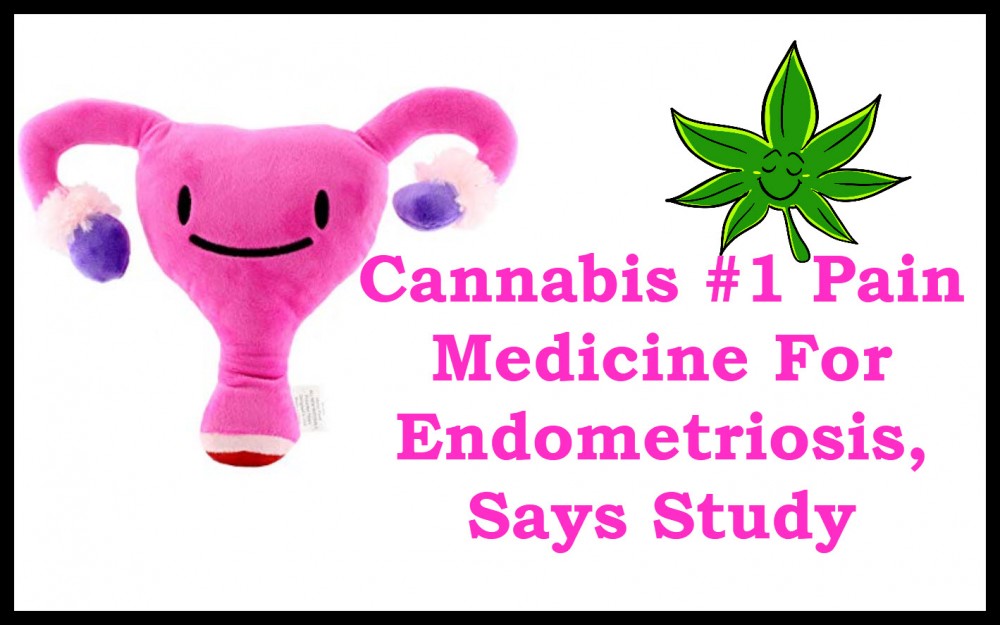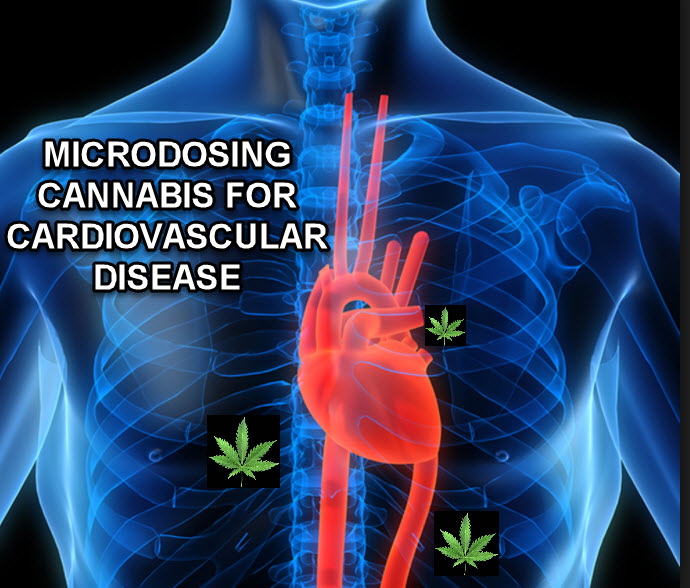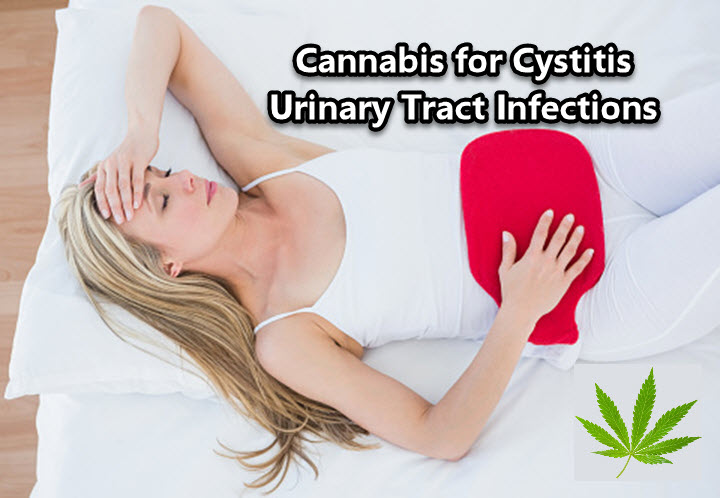Cannabis for Endometriosis
Endometriosis is a condition when tissue in the uterus ends up growing on other parts of the body. This tissue can attach itself to parts such as the fallopian tubes, ovaries, uterus exterior, or the bowel. During the menstrual cycle, hormones change causing the tissue to break down and cause pain. In severe cases, it can lead to scar tissue in a woman’s internal organs.
Over 5.5 million women in America suffer from endometriosis. Symptoms of endometriosis include severe pain before, during, and after menstruation. Oftentimes the pain can be so painful that it’s debilitating. The pelvic pain can also occur during or after intercourse, or during urination and bowel movement. However, many women don’t have experience any symptoms. In many cases, some women don’t even know they have endometriosis until they start having problems with infertility.
The exact cause of endometriosis isn’t understood, although doctors agree that genetics plays an important role. During C-section delivery, cells can also transfer from the pelvic cavity to other areas, while a weakened immune system won’t be strong enough to correct the presence of misplaced cells. The risk for endometriosis is increased in women who have reached their 30’s and 40’s but haven’t had children, who have periods lasting for over a week, whose cycles are shorter than 28 days, who started their periods before the age of 12, or have a family history.
The most common forms of treatment prescribed to women suffering from endometriosis is hormonal birth control or other types of hormone therapy. Unfortunately these treatments often have serious side effects including fatigue, weight gain, hot flashes, and mood swings. For some women, conventional treatments simply don’t work at all.
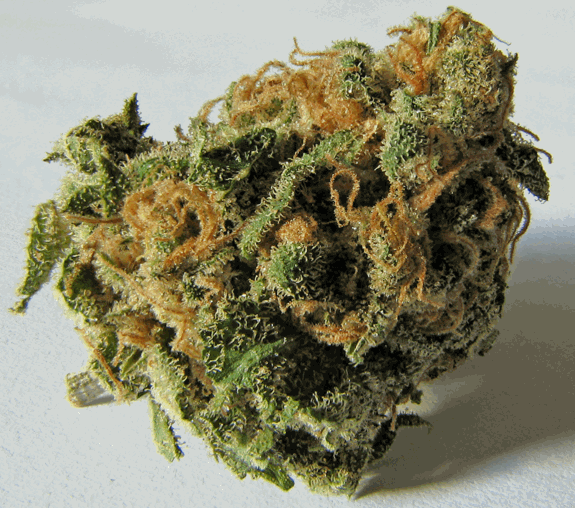
How Can Cannabis Help?
The endometrium contains cannabinoid receptors, and it’s widely believed in the medical cannabis community that any imbalance in the endocannabinoid system can contribute to endometriosis. During various stages of a woman’s menstrual cycle, the endocannabinoid receptors can be more abundant in certain kinds of tissue. This is because the endocannabinoids are also controlled by sex hormones, which play a role in the different stages of a woman’s menstrual cycle.
While there is no known cure for endometriosis, many women have benefited from using cannabis to keep the symptoms under control. Severe pain at different times of the month is the most common symptom of endometriosis, and cannabis is effective at treating pain. Cannabis use not only addresses the pain but also reduces inflammation which causes the pain in the first place, as proved by several studies.
CBD in particular, has been shown to be extremely effective in reducing inflammation particularly in conditions caused by chronic inflammation, as shown in a 2004 study done in Italy. With cases of endometriosis, the uterine lining outside can bleed, which causes inflammatory mediators to be released and can cause severe pain localized to one area. Using CBD products or smoking cannabis can help patients keep the pain under control and even completely stop relying on other medications.
A 2011 study conducted by researchers in Florida State University in Tallahassee examined the role of the endocannabinoid system in the pain caused by women with endometriosis. They used an animal model and found that the agonists of CB1 receptors were useful in decreasing hyperalgesia, while antagonists of the same receptors increased it. If the CB1 receptors were blocked, this led to an increased sensitivity to pain and stimulating it decreased the sensitivity. The study’s authors then determined that the endocannabinoid system does play a significant role in the pain experienced by women with endometriosis, suggesting that using cannabinoids would be able to give “a novel approach for the development of badly-needed new treatments for endometriosis pain”.
Another study conducted by different institutions in Paris during 2010 found that cannabinoids were beneficial in decreasing the growth of endometrial tissue which were implanted in animal subjects. They concluded that cannabinoid agonists are useful for its anti-proliferative properties on stromal endometriotic cells.
Many receptors of the endocannabinoid system are located in the actual endometrial tissue, and the levels of these are affected by the menstrual cycle. In another study of animal subjects, the CB1 cananbinoid receptors are more pronounced in the somata and the sensory as well as sympathetic neurons that can lead to the abnormal growth of endometriosis. CB1 receptor agonists are proven yet again to reduce hyperalgasia caused by endometriosis.
Have you used cannabis to help treat endometriosis? Share your experience with us in the comments below!
OTHER STORIES YOU MAY ENJOY...
CANNABIS FOR ENDOMETRIOSIS INTERNA, CLICK HERE.
OR...
CANNABIS FOR ENDOMETRIOSIS PAIN, CLICK HERE.
OR..
MICRODOSING FOR CARDIO HEALTH, CLICK HERE.
